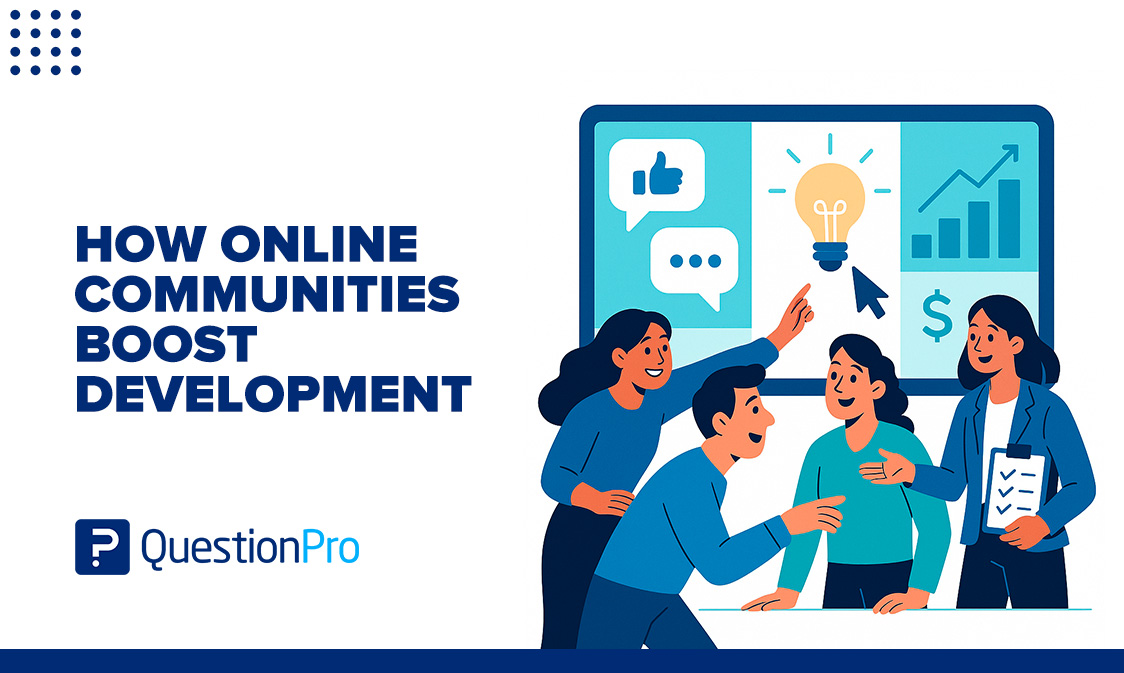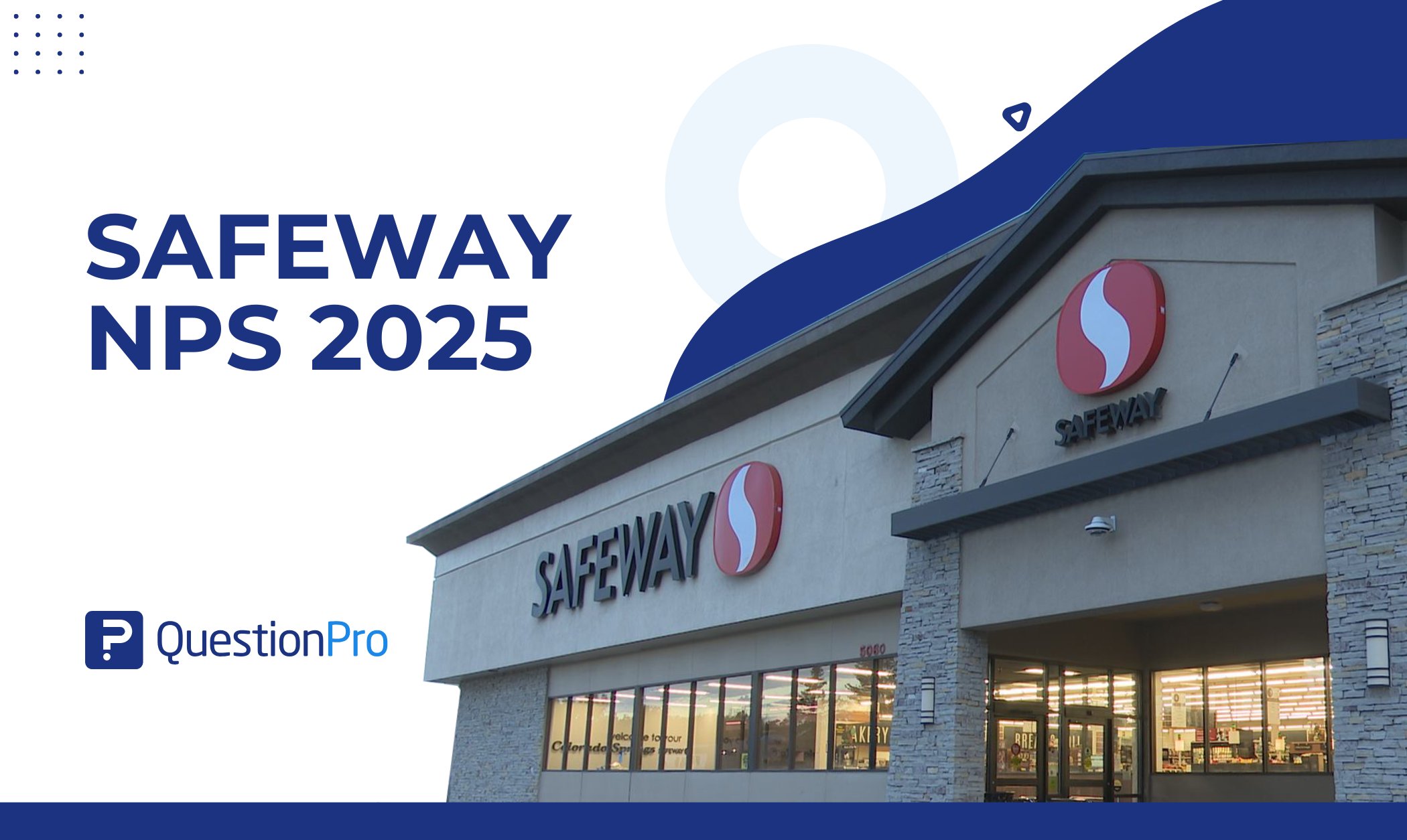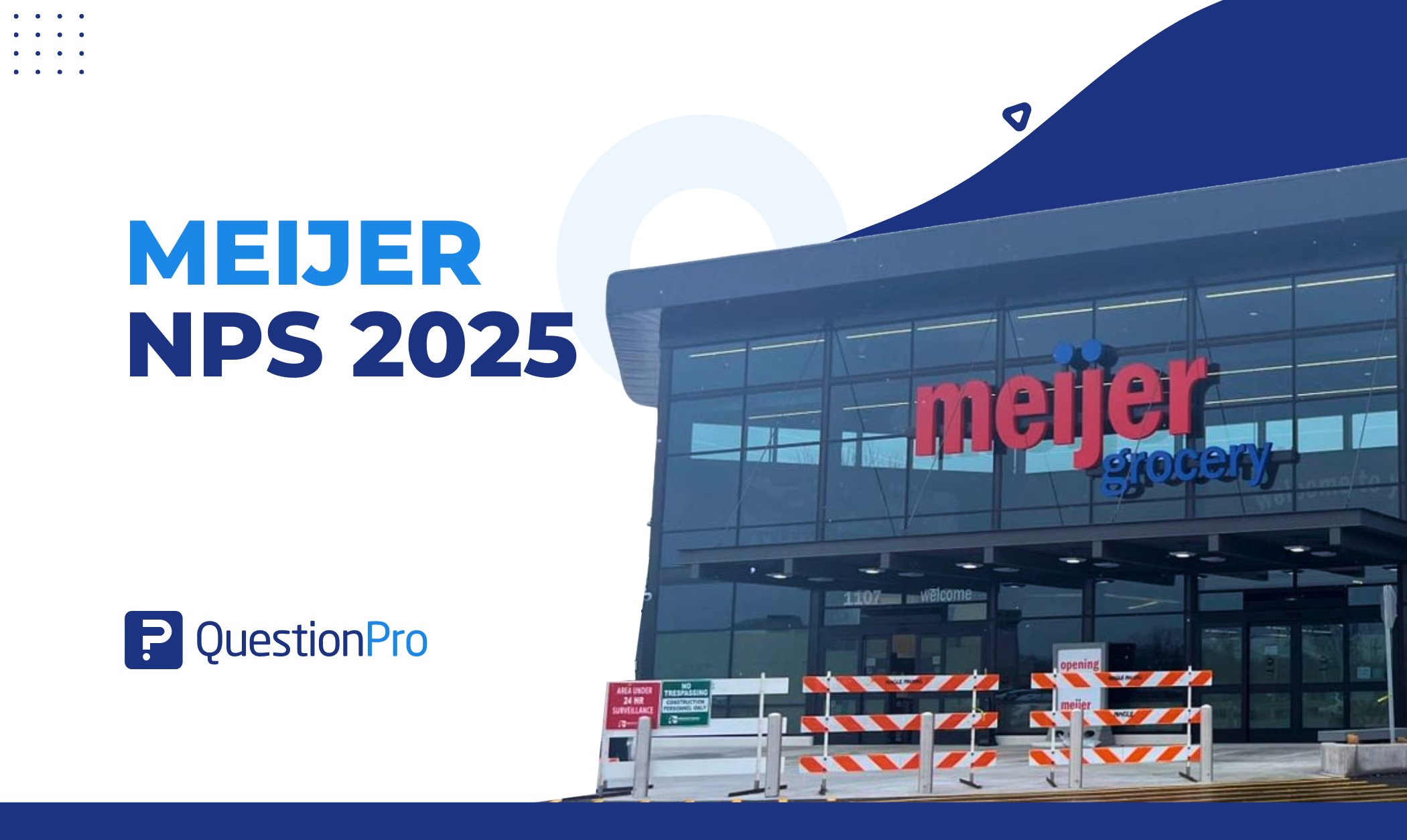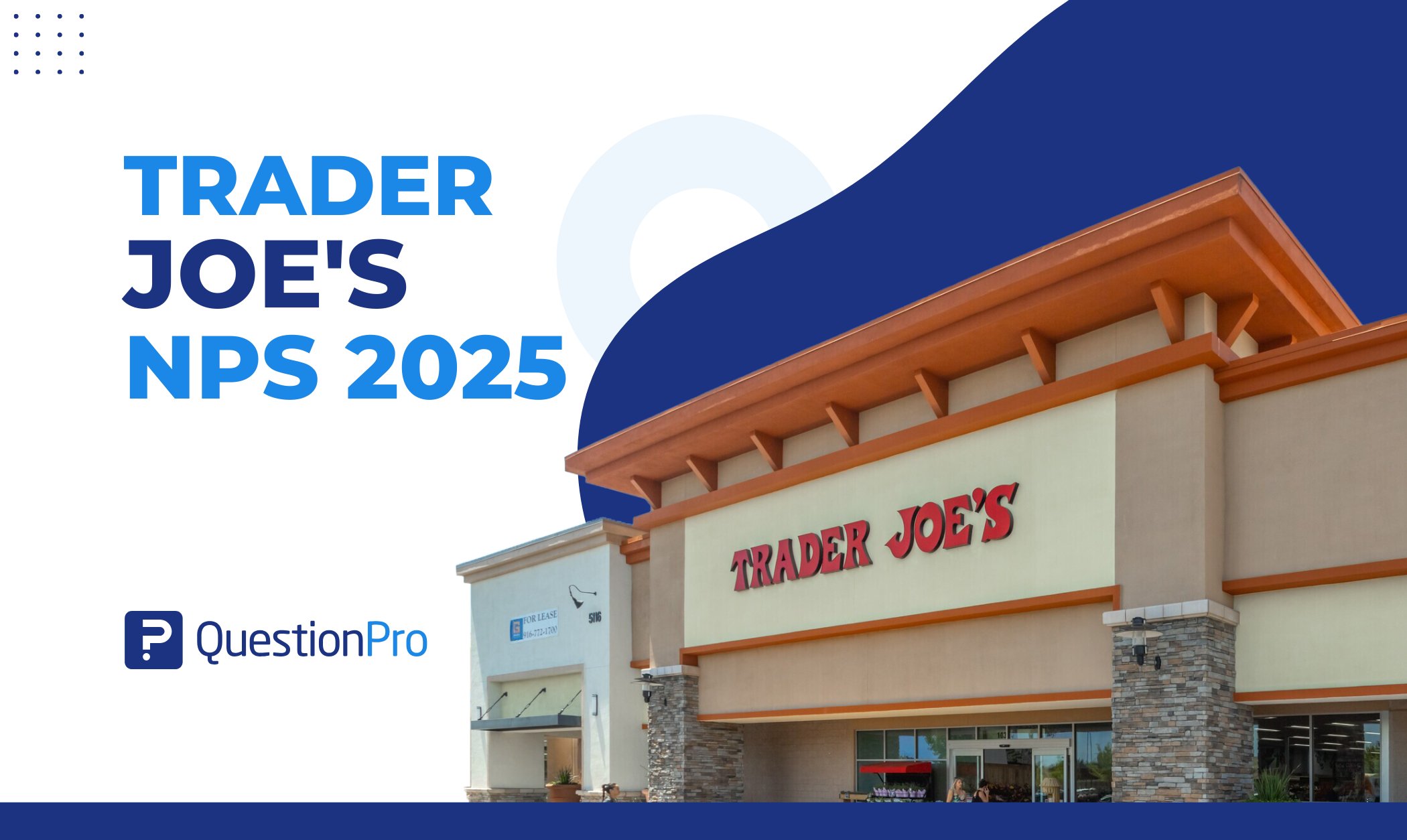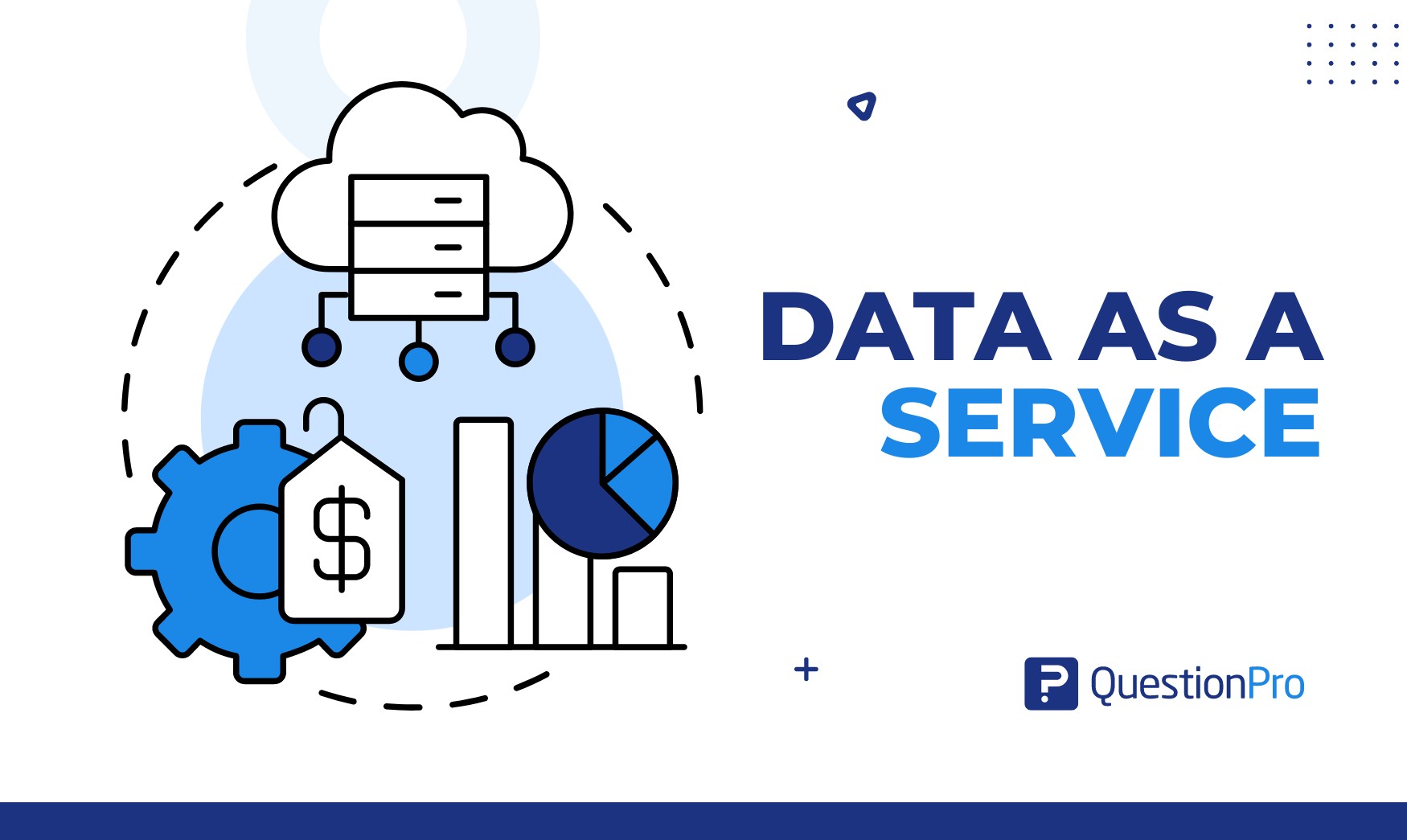
Data as a Service (DaaS) simplifies data usage by providing convenient access data to all the data stored within an enterprise. With DaaS, businesses can seamlessly access collected data, including complex data sets, to drive informed decision-making and fuel innovation.
By centralizing enterprise data and offering easy access, DaaS streamlines data management processes, enabling organizations to harness the full potential of their data assets.
DaaS offers a streamlined solution for accessing, managing, and utilizing data on-demand, revolutionizing how businesses harness data’s power.
In this blog, we’ll explore the concept of DaaS, its benefits, and how it’s reshaping the data landscape.
Understanding Data as a Service
At its core, Data as a Service is a model that provides access to data on a subscription basis, eliminating the need for organizations to maintain their data infrastructure. Instead of investing in costly hardware and software, businesses can leverage DaaS providers to access a wide range of datasets tailored to their specific needs.
DaaS operates on the principle of data democratization, making valuable insights accessible to users across an organization, from executives to frontline employees. By centralizing data access and management, DaaS enables seamless collaboration and decision-making, driving efficiency and innovation.
Applications of Data as a Service
Data as a Service’s applications are diverse and span various industries. From retail and healthcare to finance and manufacturing, organizations across the board are leveraging DaaS to streamline operations, enhance decision-making, and drive innovation. Some typical applications include:
Market Research
Market research is critical for businesses to stay competitive and adapt to changing consumer preferences and market dynamics. DaaS platforms empower businesses with access to real-time market data, consumer insights, and trends.
By leveraging DaaS, organizations can gather comprehensive intelligence on market trends, competitor strategies, and consumer behavior. This enables them to make data-driven strategic decisions, identify emerging opportunities, and optimize their market positioning and product offerings accordingly.
Personalized Marketing
Personalization is key to engaging customers and driving conversions in today’s digital marketing era. DaaS platforms give marketers access to rich customer profiles, behavioral data, and demographic information.
Marketers can segment their target audience more effectively by analyzing data and creating tailored marketing campaigns. From personalized email offers to targeted social media advertisements, DaaS enables marketers to deliver relevant content and promotions that resonate with individual customers, ultimately enhancing customer engagement and loyalty.
Predictive Analytics
Predictive analytics holds immense potential for organizations anticipating future trends, risks, and opportunities. DaaS facilitates access to vast datasets and advanced analytics tools, enabling organizations to build predictive models with precision.
By analyzing historical data and leveraging machine learning algorithms, businesses can forecast future trends, identify patterns, and anticipate changes in consumer behavior, market demand, and competitive landscape.
This empowers organizations to make proactive decisions, optimize resource allocation, and mitigate risks, thereby gaining a competitive edge in the market.
Use Cases of Data as a Service
Data as a Service is a versatile solution that can be applied across various industries and business functions. Here are some everyday use cases where DaaS provides significant value:
Marketing and Customer Insights
DaaS enables marketers to access customer data, including demographics, purchasing behavior, and sentiment analysis, to tailor targeted marketing campaigns and enhance customer experiences.
Predictive Analytics
Organizations can develop predictive models to forecast trends, anticipate customer needs, and optimize business operations by leveraging historical and real-time data through DaaS platforms.
Supply Chain Optimization
DaaS provides supply chain managers with real-time data on inventory levels, supplier performance, and demand forecasts, enabling them to make data-driven decisions to optimize logistics and reduce costs.
Risk Management
Financial institutions use DaaS to access comprehensive data sets on market trends, credit scores, and regulatory compliance to assess and mitigate risks effectively.
Strategies for Building a Successful Data as a Service Offering
Building a successful Data as a Service offering requires careful planning, execution, and continuous refinement. Here are some key steps to consider:
1. Define Your Data Strategy
Clearly articulate your objectives, target audience, and the data type you intend to offer through your DaaS platform. Identify the specific data sets that are in demand and align with your business goals.
Conduct market research to understand the needs and preferences of potential users and the competitive landscape.
2. Invest in Infrastructure
Build a robust infrastructure that can handle large volumes of data and ensure scalability to accommodate future growth. Consider leveraging cloud-based technologies for flexibility and cost-effectiveness.
Implement robust data storage and management systems to securely organize and maintain the data. Ensure compliance with data protection regulations and industry standards.
3. Develop User-Friendly Interfaces
Create intuitive interfaces and APIs that allow users to access and interact with the data easily. Provide comprehensive documentation and support to facilitate seamless integration with users’ existing systems and workflows.
Prioritize usability and user experience design to enhance adoption and satisfaction among your target audience.
4. Ensure Data Quality
Implement rigorous quality control measures to ensure the data’s accuracy, completeness, and reliability. Establish data governance policies and processes to maintain data integrity and consistency.
Regularly monitor and audit the data to identify and promptly address any issues or discrepancies. Leverage automated tools and techniques for data validation and cleansing.
5. Provide Value-Added Services
Offer value-added data services such as data analytics, visualization tools, and predictive modeling to differentiate your DaaS offering in the market. Provide insights and actionable recommendations to help users derive maximum value from the data.
Collaborate with domain experts and data scientists to develop customized solutions and insights tailored to user needs and use cases.
6. Foster Collaboration and Partnerships
Establish strategic partnerships with data providers, technology vendors, and domain experts to enrich your data offerings and enhance your value proposition. Leverage complementary resources and expertise to expand your data ecosystem and address diverse user requirements.
Engage with your user community and continuously solicit feedback to improve your DaaS platform and services. Foster a culture of innovation and collaboration to drive ongoing enhancements and optimizations.
7. Ensure Data Security and Compliance
Prioritize data security and privacy to build trust and confidence among your users. Implement robust security measures such as encryption, access controls, and monitoring to protect sensitive data from unauthorized access or breaches.
Stay abreast of evolving regulatory requirements and industry best practices related to data privacy and security. Maintain compliance with relevant regulations such as GDPR, CCPA, HIPAA, and PCI DSS to mitigate legal and reputational risks.
Following these steps and best practices, you can build a successful Data as a Service offering that delivers user value drives innovation, and positions your organization for long-term success in the data-driven economy.
Benefits of Data as a Service
Data as a Service benefits organizations across various industries. Here are some key advantages:
Accessibility
DaaS breaks down the barriers to accessing data by offering a centralized platform where users can quickly discover, access, and integrate data from multiple sources. This accessibility ensures decision-makers have timely access to the insights they need to drive business outcomes.
Scalability
With DaaS, organizations can scale their data resources up or down based on demand, allowing them to adapt to changing business requirements without incurring significant infrastructure costs.
This scalability is particularly valuable in industries where data volumes fluctuate rapidly, such as retail during peak seasons or healthcare during a public health crisis.
Cost-effectiveness
DaaS offers a cost-effective alternative to a traditional data management strategy and approaches by eliminating the need for upfront investments in hardware and software infrastructure. Organizations can pay only for the data resources they consume, reducing overhead costs and improving ROI.
Agility
DaaS enables organizations to quickly experiment with new data sources, technologies, and analytical techniques without the burden of managing complex infrastructure. This agility fosters a culture of innovation, allowing businesses to stay ahead of the competition in today’s rapidly evolving market landscape.
Focus on Core Competencies
Organizations can focus their resources and expertise on core business activities by outsourcing data management tasks to DaaS providers rather than worrying about data infrastructure and management complexities. This focus enhances operational efficiency and enables businesses to deliver greater customer value.
Challenges to Data as a Service
While Data as a Service offers compelling benefits, it also presents several challenges that organizations must address, including:
- Data Security and Privacy: Sharing sensitive data with third-party providers raises concerns about security breaches, data theft, and compliance with regulations such as GDPR and CCPA.
- Data Integration: Integrating disparate data sources from multiple vendors can be complex and time-consuming, requiring robust data integration and interoperability solutions.
- Quality Control: Ensuring the quality and consistency of data across different sources and formats poses significant challenges, necessitating stringent quality control measures.
- Vendor Lock-In: Dependence on a single DaaS provider may limit flexibility and hinder innovation, leading to vendor lock-in and potential long-term risks.
How QuestionPro InsightHub Can Define Data as a Service
QuestionPro InsightHub embodies the Data as a Service concept by offering a comprehensive platform for market research and community engagement. Here’s how QuestionPro InsightHub defines Data as a Service:
1. Data Aggregation and Collection
InsightHub is a centralized hub for gathering data from diverse sources, including surveys, discussions, polls, and social media interactions. It aggregates data seamlessly, ensuring a holistic view of insights.
2. Data Storage and Management
The platform provides robust storage and management capabilities, allowing users to store and organize vast amounts of data securely. Users can access historical data and track changes, facilitating longitudinal analysis and trend identification.
3. Data Analysis and Insights Generation
InsightHub offers powerful analytics tools that enable users to analyze data comprehensively. From segmentation and clustering to sentiment analysis and text mining, users can derive actionable insights and uncover hidden patterns within their datasets.
4. Customization and Personalization
InsightHub allows users to customize their data analysis workflows and visualization dashboards according to their needs and preferences. Whether it’s creating custom reports, dashboards, or data filters, the platform empowers users to tailor their data experiences.
5. Collaboration and Sharing
InsightHub facilitates collaboration and knowledge sharing among team members and stakeholders. Users can collaborate in real-time, share insights, and collaborate on data-driven decisions, enhancing organizational agility and alignment.
6. Scalability and Flexibility
InsightHub’s cloud-based architecture ensures scalability and flexibility, allowing organizations to scale their data operations seamlessly as their needs evolve. Whether handling large volumes of data or accommodating fluctuations in user demand, the platform adapts effortlessly to changing requirements.
7. Accessibility and Integration
InsightHub provides easy access to data anytime, anywhere, and from any device. Users can leverage their data assets across the organization with a user-friendly interface and seamless integration with other tools and platforms, maximizing efficiency and collaboration.
8. Security and Compliance
InsightHub prioritizes data security and compliance, implementing robust security measures to protect sensitive information. From data encryption and access controls to compliance with industry regulations such as GDPR and CCPA, the platform ensures the confidentiality and integrity of data.
Conclusion
Data as a Service represents a paradigm shift in how organizations access, manage, and leverage data to drive business outcomes. By offering on-demand access to diverse data sources and resources, DaaS enables organizations to unlock the full potential of data while reducing costs, enhancing agility, and fostering innovation.
As businesses embrace digital transformation, DaaS will play an increasingly critical role in shaping the future of data-driven decision-making.
QuestionPro InsightHub serves as a prime example of Data as a Service by providing organizations with the tools, resources, and infrastructure needed to harness the power of data for strategic decision-making, operational efficiency, and business growth.
Through its comprehensive suite of features and capabilities, InsightHub empowers businesses to leverage data as a service to gain valuable insights, drive innovation, and stay ahead in today’s competitive landscape.




